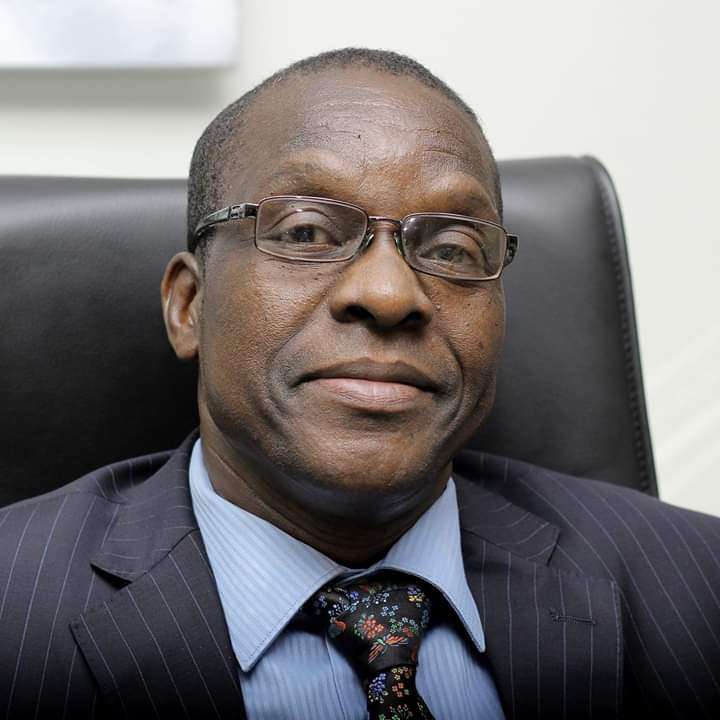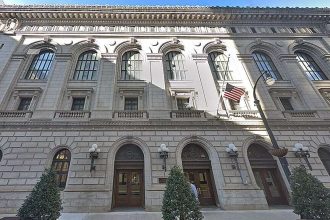Deputy Speaker of Ghana’s Parliament, Alban Kingsford Sumani Bagbin has showered praises on the Akufo-Addo led administration for not abandoning already started projects by erstwhile Mahama government which his constituency is also benefitting from indicating that, he is solidly behind government in it resolve to develop the country.
“I want to congratulate His Excellency for and on behalf of our people and to assure him that we are solidly behind the government and any other government that is committed to developing the good people of Ghana”, he said at the sod cutting for the construction of two solar power plants in Kaleo and Lawra, all in the Upper West Region, under the seventeen (17) megawatt peak solar power project.
He added: “I want to take this opportunity not just to welcome His Excellency to the Nadwoli-Kaleo Constituency but also on behalf of the people and chiefs of this area to thank him so much for continuing with this project. His Excellency could have decided not to complete had been initiated since 2012 which preparation took a long time and is now seeing the light of the day”.
The president said his administration is committed to ensuring the country’s power generation system become stable and also increase the renewable energy component of Ghana’s energy mix.
With the solar project coming on the heels of construction of the Pwalugu Multipurpose Dam and Irrigation Project, the 17-megawatt project is being funded by the German Government’s Development Bank, KfW, at a cost of €22.8 million.
He stated that the project will “see to the construction of a 13-megawatt peak project in Kaleo and a 4 megawatt peak project in Lawra. This will help Ghana avoid an estimated seven thousand, four hundred (7,400) tons of carbon dioxide emissions every year; making our country a cleaner place to live in.”
He continued: “the project at Lawra is scheduled to be completed in June this year, with the one in Kaleo also scheduled to be completed by December this year. When finished, both projects will generate enough energy to power some thirty-two thousand (32,000) households, and increase the geographic spread of power generation in the country.”















